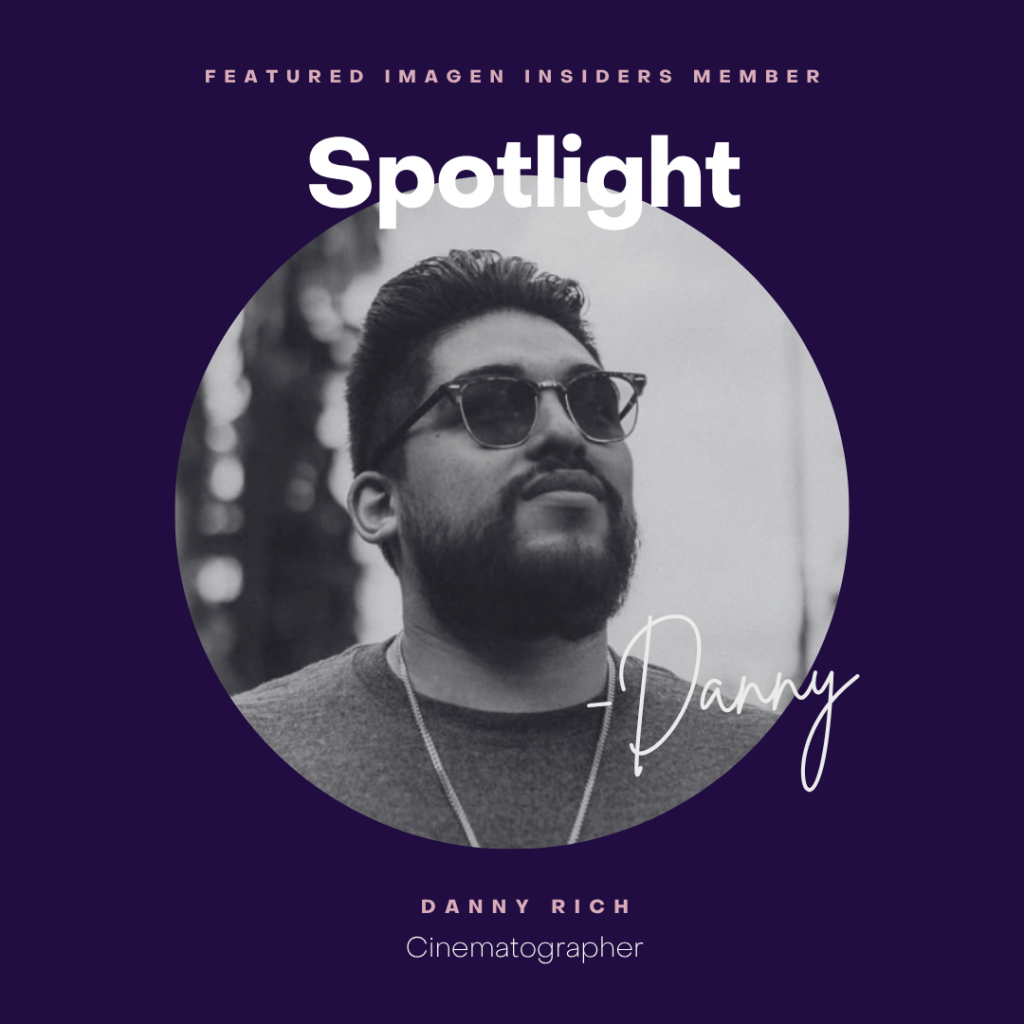
DANNY RICH
We recently had the pleasure of catching up with Danny Rich and are excited to share our conversation below.
Thank you for sharing your story with us! Could you start by telling our readers a bit about your background and how your journey began?
My journey began in the grip and electric department. At the same time, I was studying film at the University of La Verne and working part-time at Blackstone Entertainment in Azusa—the closest rental house to where I lived, about an hour away. I spent those early years wrangling C-stands and wrapping cable until I eventually graduated into the role of Gaffer.
This combination of experiences gave me a well-rounded foundation. I learned everything from prepping and maintaining gear to loading trucks and troubleshooting last-minute issues, all while balancing school, set work, and the long commute. Ultimately, it taught me the grind behind the craft and shaped my approach, having a deep respect for both the creative and technical sides of filmmaking.
.
What challenges have you faced along the way, and what lessons have you learned? Looking back, would you say the journey has been smooth or full of obstacles?
There have been plenty of bumps and challenges along the road. One of the biggest lessons I’ve learned is the importance of being more assertive in key roles. Early on, I worried that being frank and direct might come off as rude, so I’d hold back — which only created confusion on set. Over time, I realized that clear, confident direction is exactly what a crew needs.
I’ve come to understand that assertiveness isn’t about being difficult; it’s about communicating clearly and standing by your vision while still respecting others. This shift has made me a stronger leader and a far better cinematographer. In the end, your real job isn’t about control — it’s about communication. If your crew doesn’t trust you, you’ve already lost.
In your opinion, what has been the key factor in your success?
I honestly believe the key to my success has been sticking it out through all the ups and downs — willing to grind and learn from each job. Each one, has offered something new to take away, whether it was a technical skill, or team work skill. Sometimes the smallest sets end up teaching you the biggest lessons from experience.
There’s no straight path in this industry, and it’s certainly not easy, but that’s okay. I’ve learned to respect the process, and along the way, it’s shown me the value of patience and the importance of paying attention to the details.
Let’s shift the focus to your work for a moment—can you tell us more about what you do and what sets your work apart?
My core responsibility is to be the visual storyteller. It’s my job to bring the script to life through light, shadow, color, composition, and camera movement — all working in harmony with the director, alongside the Gaffer and Key Grip, to build an atmosphere based on the script. Every choice I make behind the camera has to serve the story, in order to have a consistent connection with the audience.
What sets my work apart as a cinematographer is my commitment to simplicity — especially in how I use light to tell a story, whether it’s a narrative film, commercial, or music video. I believe in crafting visuals that feel organic and powerfully subtle. This approach draws the audience in and keeps their focus where it belongs: at the heart of the story.
Do you have any advice for those who are just starting out on a similar path?
Don’t chase the timeline — you’re not behind. Success isn’t about speed; it’s about persistence. The people who make it are simply the ones who don’t quit. They keep showing up, learning, and pushing forward, even when the road gets tough. It’s not a race against time.
What has been the most valuable lesson you’ve learned throughout your journey?
Skills alone won’t carry you. You also need patience, maturity, and a team, while also learning from failure. It’s the resilience to keep going when things don’t go as planned, and the humility to grow from your mistakes. Mastering the craft is important, but mastering yourself is what sets you apart.
